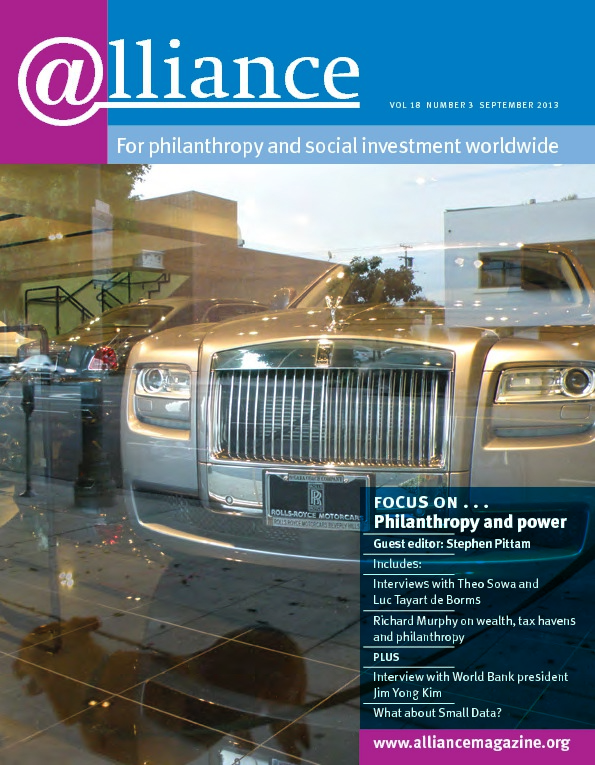If success were simply judged by increasing numbers, it’s been a good year for social investment in the UK. Three new funds with committed capital over £10 million, the tally of social impact bonds up to 13, and the breach of the £200 million mark for the social investment market itself. Can this growth be credited to the UK government’s much-trumpeted backing for social investment and should other countries take note?
A forum in London dedicated to social investment attended by 150 G8 senior dignitaries was a chance to emphasize the strength of UK government policy. The attendees cannot fail to have been impressed by the high-level government engagement. The Prime Minister was keen to stress in his keynote that he had personally initiated the event and was eager to see the UK’s success replicated elsewhere. A new global taskforce was announced to lead the crucial work of developing best practice on impact measurement. A joined-up strategy for government social investment participation has also subsequently been agreed at a separate conference, designated the London Principles.
The UK government had been seeking to pioneer a tax relief for the sector and the G8 Forum was chosen to announce this officially. A Treasury consultation document, while broadly encouraging, raises more questions than it answers. How can social investment be on ‘broadly commercial terms’ when the accepted blended return model suggests this is inherently not the case? And will take-up be limited, given that the early-stage social organizations at which it is aimed lack the resources to establish such schemes? The Prime Minister made the point in his G8 keynote that by his own admission ‘government needs to be more creative and innovative’ in tackling social investment. This applies no less to this new tax relief if it is to be effective.
The G8 Forum also saw the launch of the Social Stock Exchange (SSE), 12 members making up the first wave of entrants. Although it is a private initiative, SSE received early financial support from Big Society Capital, the UK government’s social investment wholesaler. The vetting procedures are strict: all would-be members must gain admission to a recognized stock exchange and have a social impact report approved by an independent admission panel. It remains to be seen whether the SSE can mature from a portal into a genuine trading platform that offers liquidity and genuine capital-raising mechanisms. But the fundamentals appear sound. Requirement to demonstrate impact in an annual report should prevent the risk of mission drift from the member firms.
Social impact bonds may not have been among the main announcements at the G8 Forum but they remain the most notable example of a successful UK social investment import, and half have benefited from Big Society Capital investment. Adoption by US federal and local governments, a pilot at state level in Australia and an upcoming programme in Israel are testament to the global appeal of the model. There is no simple template for their structure and implementation, however, as they require individual tailoring. In the case of the very first Peterborough Prison pilot, the early results of which are encouraging, state backing was again key: if any payments become due to investors, they will be made by government, offset by cashable savings linked to reduced recidivism. A £20 million Social Outcomes Fund, established by government, has this year made its first grants to help build further capacity for social impact bonds, demonstrating the government’s clear commitment to this area of the social investment market.
At Investing for Good we remain focused on making available readily investible propositions to socially motivated investors. At the G8 Forum, we were invited to showcase the fixed interest social bonds we arranged under a £20 million programme for Scope, the disability charity and one of the founding members of the Social Stock Exchange. And we have just announced the launch of our own Social Bond Issuance Platform, which will simplify the bond issuance process, create economies of scale, and formalize the reporting of impact in the offer documentation. This has resulted in enquiries from Germany, Canada and Latin America as international social intermediaries look to develop similar models to connect money with social value.
As ever, we support the growing clamour for transparency in impact measurement – indeed, our affiliate The Good Analyst is engaged in this work. The investor must always be able to answer the fundamental question, ‘What good has my money done?’
Alex Jarman is investor relations manager, Investing for Good. Email ajarman@investingforgood.co.uk
For more information
http://www.gov.uk/government/publications/growing-the-social-investment-market-a-vision-and-strategy






Comments (0)